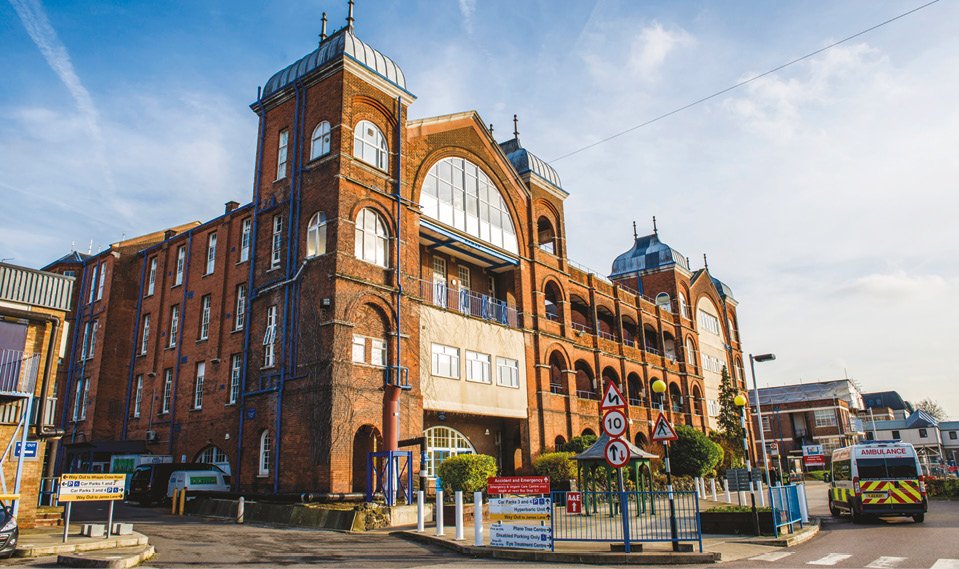In the 13th of a series of articles looking at the redevelopment of Whipps Cross Hospital, Charlotte Monro explains why the Action4Whipps community campaign is needed now more than ever before
In January this year, the government decided our urgently needed new Whipps Cross Hospital will not be funded till 2032 to 2034. It could now be 11 years or more before the new hospital opens. Keeping the old buildings and equipment in a fit state for patient care over that time will cost at least £200m.
Five years ago, as a new hospital became a real prospect, people came together to make sure a new Whipps will be built to the highest standards to meet the population’s needs into the future. Action4Whipps community campaign has been having a significant impact, on the streets, submitting petitions and evidence and talking to NHS bodies, councillors and MPs. The need for campaigning is even greater now.
Hospitals serving our area are under huge pressure and facing budget cuts. We are continuing our fight to make sure valued services – like the excellent Margaret Centre providing palliative and end-of-life care, and the Connaught Day Hospital for older people – are secured for the future (neither were included in the new hospital designs).
Whipps A&E is at the sharp end of pressure with over half of patients who need to be admitted to hospital waiting for over 12 hours (2024/25 figures). Some 65% of all those who attend A&E have serious or life-threatening conditions.
Hospital staff do their very best to provide high standards of care, but conditions that too often prevail increase the risk of something going wrong. A recent coroner report showed tragic consequences for a 59-year-old woman whose death from sepsis could have been avoided had she been able to receive the right care. No beds were available in resuscitation; on that day, 25 patients were being cared for in corridors. Often, there are not enough staff.
Having worked at Whipps for many years, I remember a time when we looked back on 12-hour waits and trollies in the corridor as a shocking thing of the past. We must not accept that such conditions can be the norm. The planned physical upgrade of the current emergency department is welcome, but sufficient beds in the hospital and correct staffing are also crucial.
The UK has wealth, and the NHS should be a priority. But instead of the increase in nurses, doctors, therapists and new infrastructure so urgently needed, the government’s 10-year plan for the NHS, released last month, focuses on digital apps, shifting care to the community without clear plans or sufficient funding and expanding the role of the private sector. Worryingly, the few structures in which the community can influence decisions on health provision, for example, scrutiny committees, may be abolished.
For more information on the campaign, visit wnstd.com/a4w or email whipps.cross.campaign@gmail.com




